
You have probably noticed that I line my baking sheets with unbleached parchment paper instead of cooking directly on the surface or lining them with aluminum foil. And if I want to roast a head of garlic, I always wrap it first in unbleached parchment paper and then aluminum foil. Since I have been fielding a lot of questions about this practice recently from some newbies in my cooking classes, I thought I would shed some light on it here.
There is research that suggests that when aluminum is heated (which is what we do when we cook, naturally), some of it leaches into our food. The amount of aluminum that leaches increases with higher heat and acidity (e.g. wine, tomatoes, citrus.) Although I use rimmed untreated aluminum or nonstick baking sheets almost daily for roasting vegetables or baking cookies, I always line them with unbleached parchment paper to provide a buffer so that my food does not come into contact with either of those materials. I also never allow food to come into contact with aluminum foil when cooking. If you own anodized aluminum cookware, this has been treated and sealed so that the aluminum doesn’t react or leach when heated. This is ok. There is, however, untreated aluminum cookware in restaurant supply stores and hardware stores and you should definitely not use these.
I will readily admit that any link between aluminum consumption and Alzheimers is controversial. But aluminum is a known neurotoxin which means in excessive quantities, it disrupts the natural processes of a healthy brain and can lead to problems. Um, no thanks. We already consume aluminum whether we like it or not if we eat out or consume processed foods, drink municipal water, use vaccines or antiperspirants. Many (not all) over-the-counter medicines such as antiacids and buffered aspirin, also contain aluminum although . Read the product labels to know for sure. This post isn’t intended to cover all sources of aluminum, but rather focus on protecting ourselves from this heavy metal in the kitchen. So my point is that if I can control my exposure to aluminum at home in an easy way, I am going to do that.
I also want to specify using unbleached, and not bleached parchment paper. Bleached parchment paper when heated can/may/might leach dioxin, which you can read about here and why I advise you to avoid it. There are several brands of unbleached parchment paper which are available at your local grocery store or on Amazon. I like Beyond Gourmet and If You Care unbleached parchment paper. I also love these unbleached parchment baking cups for lining your muffin tins. If you like to wrap a food in aluminum foil to roast in the oven or grill, simply wrap it in unbleached parchment first and then aluminum foil so it doesn’t burn like that head of garlic above.
Please be be warned that parchment paper is not the same thing as waxed paper which is not meant to be heated! Another option is to use silicone mats on your baking sheets which are washable/reusable and do not leach any harmful chemicals when heated. I sometimes use silicone mats for mild-tasting food (like cookies, not fish) or for an easy-to-clean food (like cookies, not balsamic-roasted cherry tomatoes.)
As always, feel free to shoot me your questions or add your knowledge to this subject!

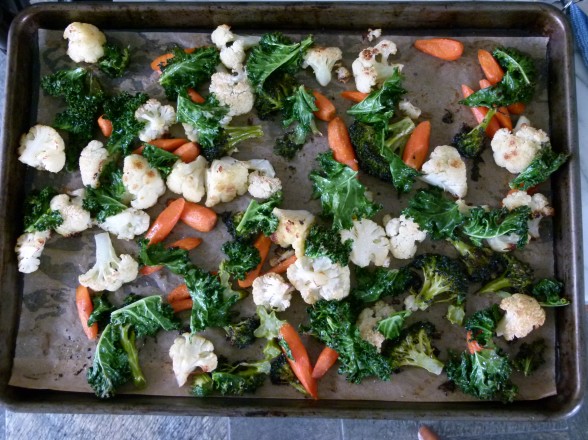
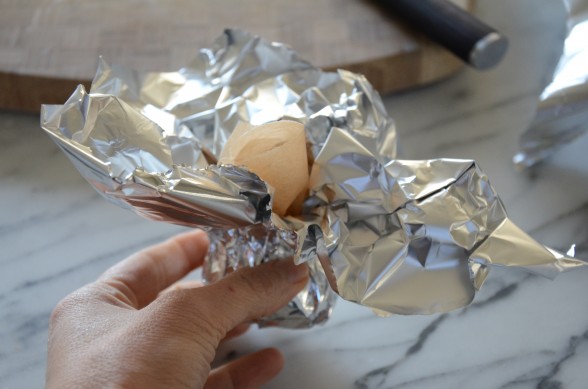
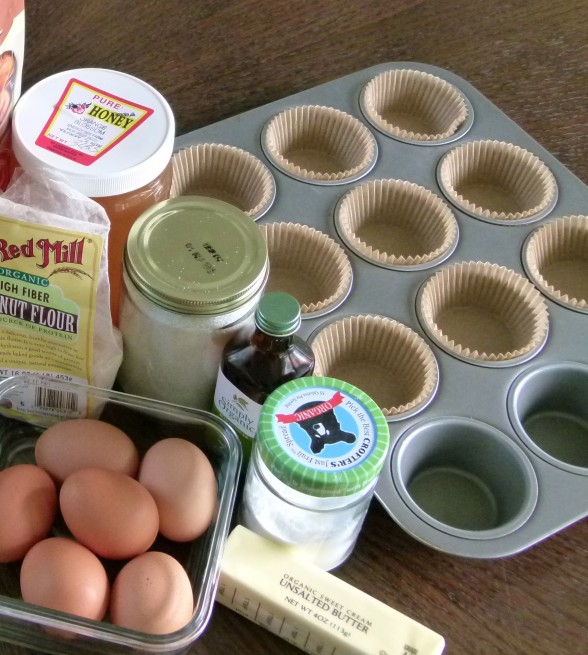

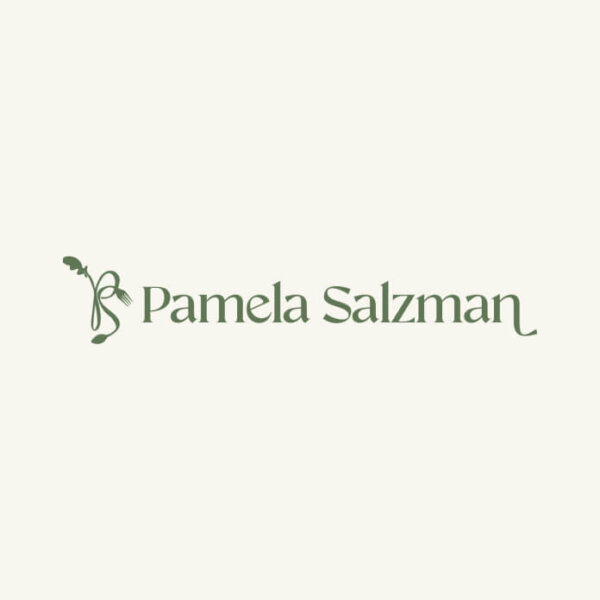


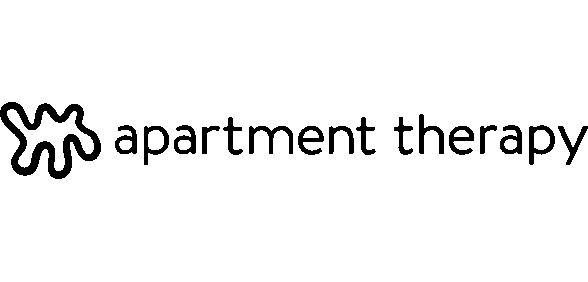

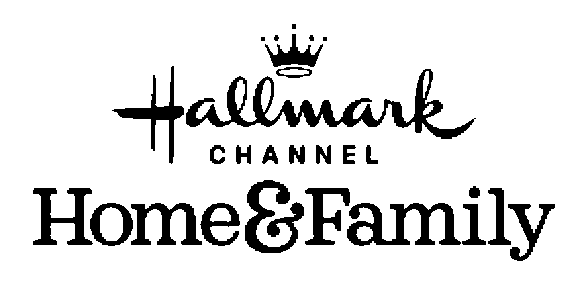
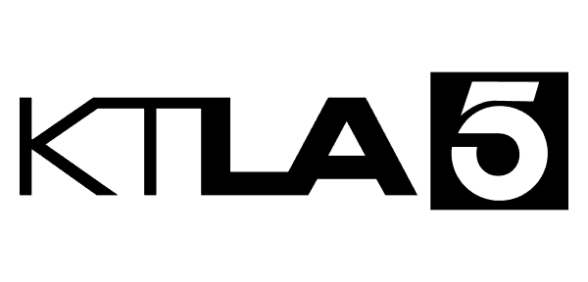

Hello, I use parchment paper a lot! If it’s still in good shape, I will use the same piece again. My question is, parchment paper is coated or infused with silicone and if you notice it has a smooth texture but after cooking it is dried out. Where has that silicone ( smooth) texture gone? Is it in my food?. That’s my concern.
I use parchment paper that is”unbleached” AND does NOT contain a coating or “non-stick” claim. The parchment paper which states “non-stick” is not the healthy product you are looking for.
Unbleached parchment paper is often coated with silicone which is an inert material that doesn’t leach.
Hello, I’m a Food Science/Technology grad student, and I came across your article when doing some reading about vegetable parchment paper, among other things. I would like to take a moment to clarify some seemingly unintentional misleading information, or otherwise exacerbated claims (I would also like to add I have an extensive background in organic chemistry, and will readily answer any questions you may have about certain chemicals and their uses).
“We already consume aluminum whether we like it or not if we eat out or consume processed foods, drink municipal water, use vaccines or antiperspirants. Many (not all) over-the-counter medicines such as antiacids and buffered aspirin, also contain aluminum. Read the product labels to know for sure. This post isn’t intended to cover all sources of aluminum, but rather focus on protecting ourselves from this heavy metal in the kitchen.”
Currently, there is no process or unit operation in food processing that exposes you to aluminum. Canned foods cans are made from high quality steel. Aluminum beverage cans are the industry standard for their lightweight and excellent strength and barrier properties. All metals are prone corrosion indeed (water, low pH etc), however, all of your canned food products have inner coatings of enamel, LDPE, EVOH, PVC, and many other polymers in layers in order to protect the metal from corrosion. All of these food packaging materials and processes are approved by FDA and carefully monitored and regulated.
Aluminum is a secondary contaminant as defined by the EPA, with a maximum allowable contaminant content (MCL) of 0.05-.02 mg/L. The research article you posted clearly states that the World Health Organization (WHO) has set the tolerable daily intake of 1 mg/kg body weight /day for aluminum. That means that if you weighed 140lbs, or 63.5 kg, you could safely drink 1270 L of municipal/tap water contaminated with the MCL of 0.05 mg/L of aluminum PER DAY. Most people don’t even drink 1 gallon of water a day – and if they do, it is MOST likely bottled water, which is virtually free of contaminants, as mandated by FDA. Point being, drink all the water you want, you have a higher chance of winning the lottery within the next 35 years than being poisoned with aluminum.
Vaccines? Please explain or give me sources, I have never heard this and I am not a microbiology or medical expert. Antiprespirants? Yes I believe they do in fact use aluminum salts which block essentially block the pores in your sweat and sebaceous glands, but hey, do you what sunscreen and tooth paste are? Sunscreen is a moisturizing cream that is white because of the addition of Titanium Dioxide, which is white. That is its main purpose: white in order to reflect UV light from the sun. The titanium salt IS THE FUNCTIONAL ingredient in sunscreen. Likewise, the same salt TiO2, is the FUNCTIONAL ingredient in toothpaste. How? It basically grinds the plaque away. Again, these products are well regulated and your risk of an adverse effects is 0.000000000001% – that number I made up, but my point is it is EXTREMELY low risk. You’re more likely to die from texting and driving than from exposure by any element/chemical in a cosmetic or food product.
Medicines do contain aluminum salts, because it is a very functional element that can potentially coordinate with three of the active molecules in your medication. Which medications? I don’t know. Again, I am not a medical expert, but I am fairly positive any risk of harmful effects FROM aluminum in your medicine is extremely extremely low, virtually – but not quite – zero.
Dioxins are indeed harmful and carcinogenic, but simply citing the World Health Organization on dioxins does not prove that these are released when parchment paper is heated. Dioxins are a group oxidized organochlorine benzo-derivatives. These are often released during forest fires, burning of household trash, chemical burning, and a product of the bleach pulp making process. Hence, there may be truth to the suggestion of using unbleached parchment paper seeing as to how certain recipes call for oven temperature over 400 degrees Farenheit. I will research this and try to dig up some interesting research articles, if any.
For more info, consult: Food Packaging Principles and Practice 2nd Ed by Gordon L. Robertson
Thank you for your thoughtful response. I appreciate the opportunity to have intelligent dialogue about this and any subject presented on this blog. I respectfully would like to add my opinion about several of your remarks. Aluminum cans most certainly do leach aluminum into the food they are storing, especially if the food is acidic such as soda. I do not respect the US government’s decision that the amount of aluminum that leaches is not of concern. Aluminium is harmful to the brain and I would like to avoid it. http://www.ncbi.nlm.nih.gov/pubmed/8197828 I am not discussing aluminum poisoning or dying from aluminum toxicity, but merely aluminum leaching into food and therefore begin ingested.
Source for aluminum in vaccines: http://www.atsdr.cdc.gov/phs/phs.asp?id=1076&tid=34
The dioxins in bleached parchment paper are formed when the paper is bleached, which is why I choose unbleached parchment paper.
Again, thank you for your contribution to this discussion!
I only buy Aluminum free baking powder. If you bake, please check your baking powder.
So true! I always call for aluminum-free baking powder in all my recipes. 🙂
but you respect the WHO’s 1mg limit?
Hello,
I’m concerned about the use and safety of all plastic wrap. Just simply having food touch it seems unhealthy.
Another concern is foil in contact with tomato products…. Like barbecue sauce on foil on the grill or in the oven.
Share info on these two concerns
Please
You’re right about the foil. When aluminum is heated, it leaches. And it leaches even more when it comes into contact with acidic foods, like tomatoes. SO I avoid aluminum foil unless I put parchment paper in between the foil and the food. No problem to store food in aluminum at room temp, refrigerator or freezer (not acidic foods, though.) I don’t love plastic and it leaches also when it’s heated. I try to avoid it as much as possible and I choose glass storage containers or glass packaging whenever possible.
Desiring to be on the safer side when I freeze food, I wrap food in parchment paper so the food has no direct contact with the plastic freezer bag. Is there any potential risk associated with the parchment paper in direct contact with food in a freezer?
Thank you!
None whatsoever! 🙂
Even if the parchment paper doesn’t specify “unbleached”?
Thank you so much for sharing valuable information in the interest of the welfare of readers! If I may point out a technicality, aluminum is not a heavy metal as the third paragraphs refers to it. But, of course, it is toxic for human consumption.
Thank you for your feedback. I do appreciate it. As I understand it, aluminum as labeled a heavy metal is controversial as I have read it labeled as such and not. Technically, you may be correct.
Dear Pamela thank you for your information,- such a help. Can you advise on the use of unbleached parchment paper for use in our newly bought steamer, some recipes call for wrapping in little parcels. With thanks , Isabel
Hi Isabel, I dont’ see why you couldn’t use parchment paper in a steamer. Do the recipes call for wrapping little parcels out of aluminum foil? For how long do the parcels steam?
Parchment paper, contains silicone…
Fair question! Silicone is inert and does not leach, so I have no problem with it. You can read up here: http://thesoftlanding.com/is-silicone-toxic/ Thanks for your checking in!
I read on the website for Kana brand Bleached parchment ( they use non chlorine bleach On their products )
They say, That unbleached parchment actually leaches contaminates ….. because it’s Paper is unbleached … And can be very unsafe…causing many health risks …..
what is your opinion ?
L
Are you not concerned about the dangers of Silicone?
What do you recommend using in the toaster oven instead of aluminum foil? I used parchment once and it caught on fire!
I make a little “pan” with aluminum foil and a piece of parchment inside. Then I fold the edges around so it stays put. There is also parchment-lined aluminum foil that you can buy!
I use parchment in my toaster oven all the Tim just make sure it’s flat or tightly warped so the paper isn’t near the coils.. I’ve never had it catch on fire just turn brown. I’ve even baked potatoes tightly wrapped in just parchment.
I’ve never had it catch on fire either. All your suggestions are great, thanks!
Oh my gosh! Parchment paper is one of my favorite tools in the kitchen. I love to cook, hate the clean up and unbleached parchment paper is a great helper. Lining my pans with it before roasting anything makes clean-up a snap! And, yes, unbleached paper all the way. I, too, like the If You Care brand.
Thanks, Lori!
So informative, thank you Pamela. I’m curious if you’ve ever detected a smell when using silicone mats or baking cups. I sometimes find my food takes on a silicony (kind of like plastic) smell when using my silpats.
Actually Naz, I haven’t used a Silpat in so many years. I think they’re a pain to clean for things like veggies or fish or meat. But I have used silicone muffin liners with success and they don’t seem to impart any off smell. I think if oils and fats stay in the mats, that could be the problem. Not sure, though!